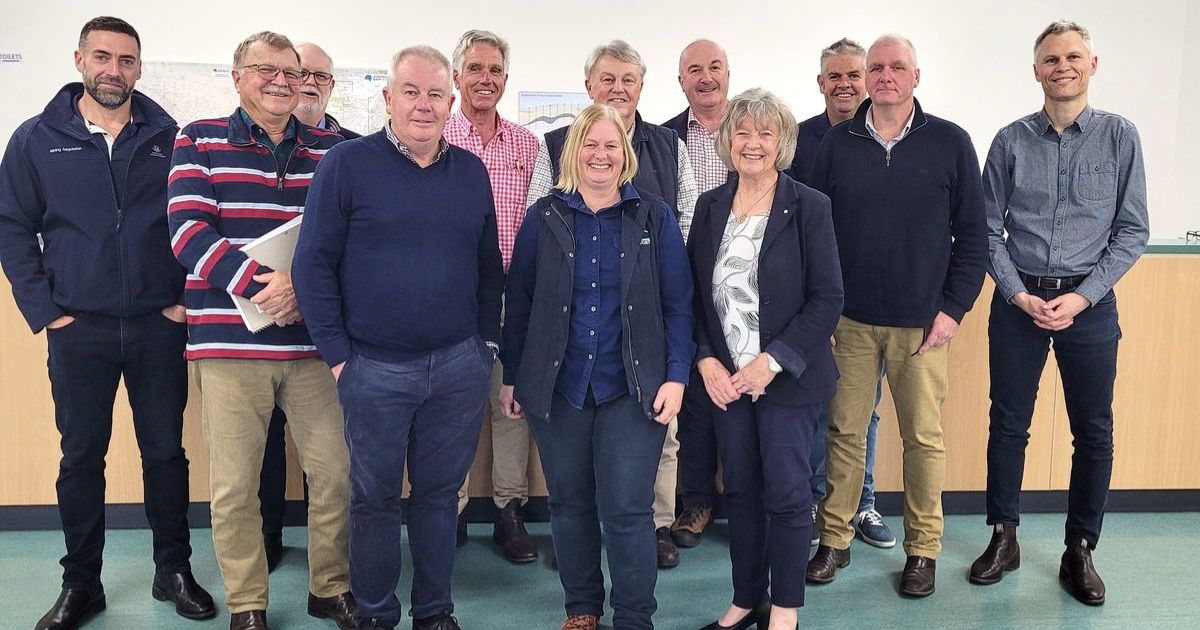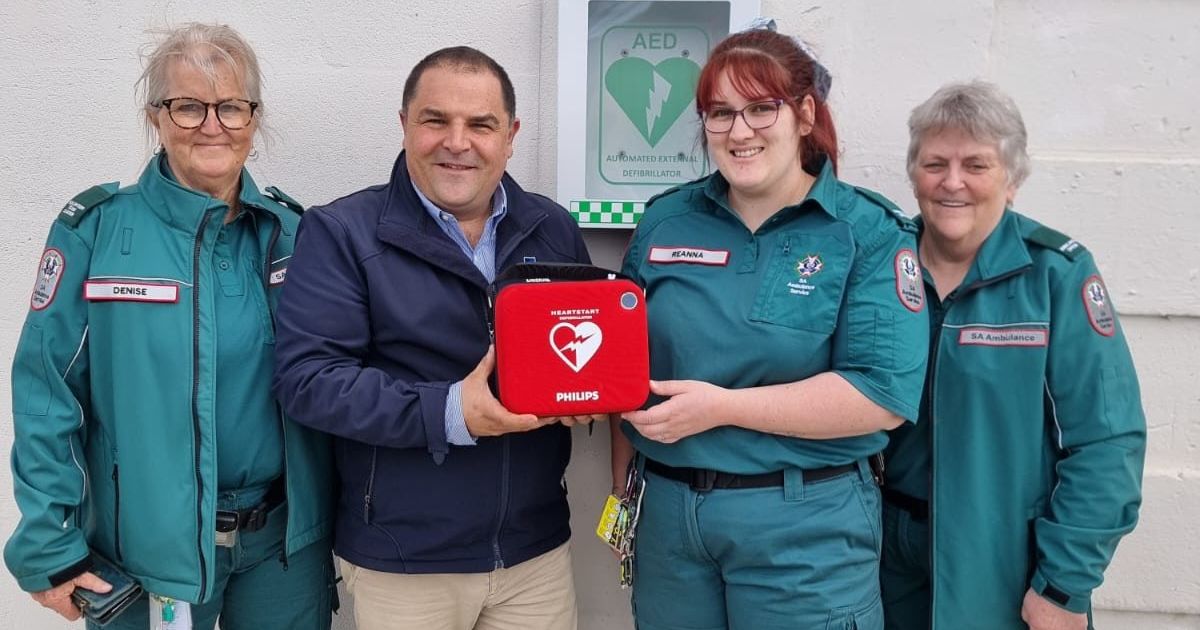Cabernet in the spotlight
Coonawarra took centre stage in Australia’s wine making landscape earlier this month when it was one of two premier cabernet sauvignon producing regions to host the 2024 Australian Cabernet Symposium (ACS).
Traditionally hosted by Coonawarra Grape and Wine Incorporated (CGWI) in Coonawarra, it was the first time since its inception in 2012 that the triennial event had been presented in conjunction with Wines of Western Australia (WoWA) with Margaret River the co-host of the two day event.
Focusing on the theme Supporting Cabernet Sauvignon into the Future, the ACS saw more than 150 cabernet aficionados take part in interactive masterclasses, catch up on the latest global developments specific to the noble variety, and see world-class wine agtech being demonstrated live in the vineyard.
ACS Committee chair Dr Catherine Kidman, said the event exceeded expectations and had a great turn out of delegates from across Australia.
“It was a fantastic sight to see the networking and collaboration of like-minded Cabernet lovers in the room and across the two days of the symposium, not only from Coonawarra and Margaret River, but from the likes of McLaren Vale, Barossa, Adelaide Hills, Geelong and the Yarra Valley,” she said.
“We were particularly impressed with the calibre of presentations that ranged from groundbreaking research and innovative winery processes to reflections on how best to grow and make Cabernet.
“It was a real honour and treat to listen to esteemed winemakers and international experts including Phil Brodie from Te Mata and Trevor Durling from Beaulieu Vineyards, and then taste their wines in the glass.
“Finally, it was great to see the cross-generational networking from wine and viticulture students to icons of the industry across the two days.
“It was clear that cabernet sauvignon will continue to have a strong and relevant role in the world of premium wine and that the future is bright.”
On day one, nine global cabernet experts shared their insights in the fields of research, viticulture and winemaking.
Headlined by international keynote speakers Rodrigo Laytte and Phil Brodie, presenters shared their insights and experiences either live from Margaret River HEART or Parker Coonawarra Estate or via tailored digital recordings.
Guided by drinks writer and author Katie Spain together with WoWA CEO Larry Jorgensen, presentations and masterclasses were simulcast live to and from the two venues. Live interactive panel Q&As with presenters and delegates were also held involving both states.
Day two, held in Coonawarra only, at Penley Estate, provided an opportunity for 60 delegates to stretch their legs amongst the lush vines and see how world class agtech is enhancing production at one of Australia’s premier cabernet producers.
Nine devices were demonstrated live in action, including an AirborneLogic drone used for farm mapping, Athena IR-Tech Transp-IR infrared sensors which advise growers when to irrigate, and a driverless GOTrack Auto Drive tractor.
The Penley Agtech Field Walk was hosted by Wine Australia supported Nuffield Scholarship recipient Hans Loder, who shared his experiences using the devices and sensors as Penley Estate’s viticulturist and vineyard manager.
“Production of premium cabernet sauvignon can be demanding of growers, be it timely responses to seasonal conditions, finding efficiency to counter increasing costs of production, labour shortages or substantiating ESG credentials,” Hans said. “The challenges are clear, but understanding how to leverage agtech to address them can be less apparent.
“The Penley Estate Agtech Field Walk provided delegates an opportunity to consider the process of agtech adoption, from identifying the challenges, honing in on relevant tech and then talking to providers about solutions.
“Judging by the energy on the day, it is clear that agtech has a role to play in supporting cabernet sauvignon into the future.”
The ACS would like to acknowledge the support of Wine Australia’s Regional Program, Limestone Coast Grape & Wine Council Inc and the Department of Primary Industries and Regional Development (WA) and our sponsors Hancock Insurance, Elders, Nutrien Ag Solutions, 36° South Beef, and Wattle Range Council, who made the ACS possible.



















